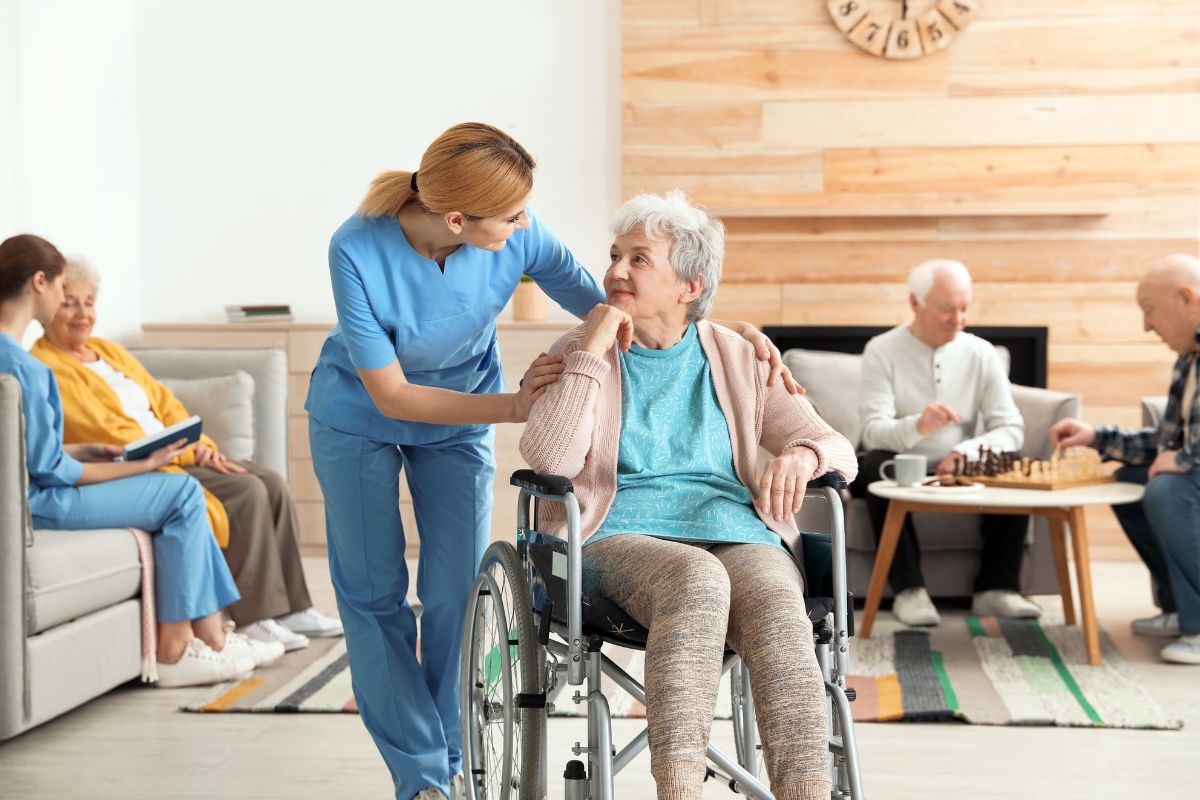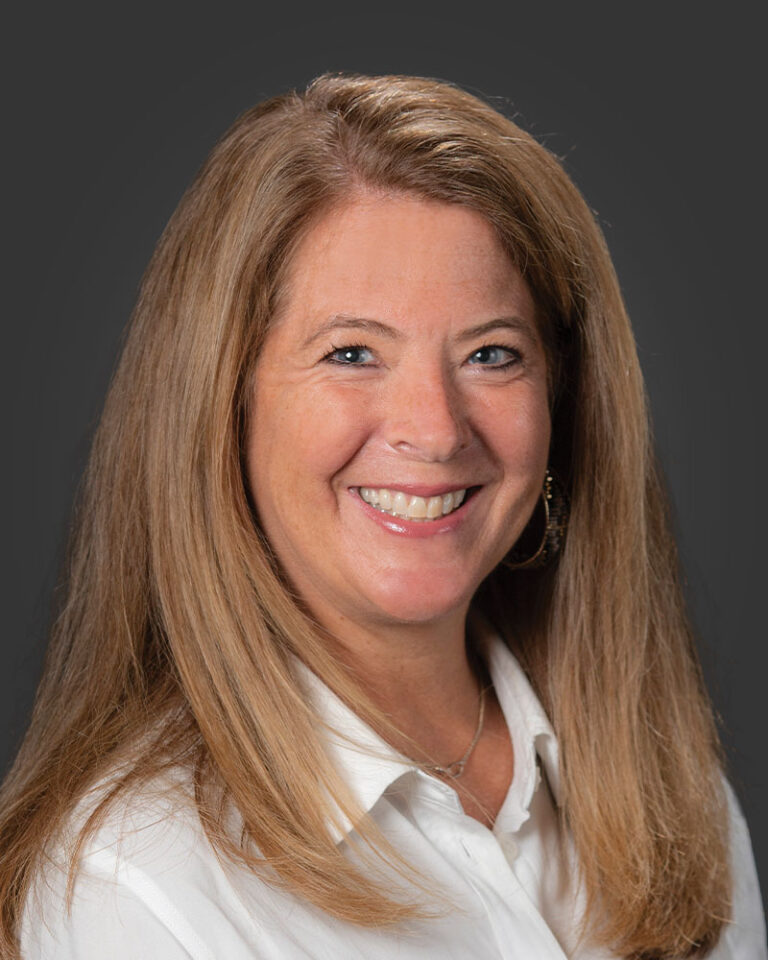
Malnutrition and dehydration are common problems in many nursing homes and hospice facilities. This could be caused by a lack of:
- Proper nutrition and fluids
- Failure of the facility to provide adequate food
- medical conditions
- poor hiring or inadequate staffing, or inadequate medical treatment
Nursing homes and hospice facilities must offer well-balanced meals that contain the appropriate amounts of vitamins, proteins, and calories.
Nursing home residents or hospice patients with the following risk factors have an increased chance of suffering from malnutrition and dehydration:
- Alzheimer’s or other types of dementia
- Depression
- Diabetes
- Side effects from medication such as nausea, vomiting, diarrhea, or tiredness
- Psychiatric disorders
- Mouth problems
- Repeated infections
- Stroke
- Swallowing difficulties
- Tremors
- Some types of medications
Side effects of malnutrition include: dull eyes, pale skin, lips or mouth, confused or disoriented (but different from that of Alzheimer’s), swollen arms and lower legs, unexplained weight loss, and wounds that take longer to heal.
Side effects of dehydration include: cold, clammy, hot, or unusually dry skin, dry mouth, no tears, increased or extreme thirst, lightheadedness, loss of consciousness, reduced urine output, severe vomiting, and weak, rapid pulse.
Malnutrition is generally high, according to Relias Media, it is estimated that 25-60% of nursing home residents experience malnutrition. Relias Media also states that dehydration is the most common fluid and electrolyte disorder in nursing home settings, with approximately 1.5% of community-dwelling elderly being hospitalized with dehydration annually.
4 common causes of malnutrition and dehydration in Nursing homes or hospice facilities
- Failure to provide adequate food: In nursing homes, it is necessary to offer residents refreshments throughout the day to ensure adequate food provision. The refreshments, as well as meals, must adhere to the USDA dietary guidelines. Adequate hydration must be provided (at least 3 x/day), and beverages must be provided outdoors and in hot areas where dehydration may be an issue. Older people who are undernourished or at risk of undernutrition can use oral protein and energy supplements. Nursing homes often limit the choices of food they offer, and they frequently neglect cultural and ethnic food preferences.
- Medical conditions and medications: Chronic conditions such as depression and cognitive impairment are also major factors. Residents suffering from depression are more likely to experience weight loss. Poor dental health can also contribute to inadequate nutritional intake.
- Poor hiring or inadequate staffing: The fact that one certified nursing assistant (CNA) typically has to assist seven to nine residents with eating and drinking during the daytime, and as many as 12-15 during the evening meal, highlights the understaffing situation at nursing homes. Another contributing factor is a very high turnover rate, which can lead to inconsistent care.
- Inadequate medical treatment: This can often go hand in hand with inadequate staffing and poor hiring, since some of the signs and symptoms of malnutrition and dehydration may go unnoticed or not reported at shift change. As a result, this may cause a delay or complete withholding of medical treatment.
If your loved one becomes malnourished or dehydrated at a nursing home or hospice facility, focus on taking care of them and finding them a new place to live, rather than dealing with deadlines and legal paperwork. Instead, hiring an experienced nursing home abuse attorney who can focus on taking on the nursing home or hospice facility is your best line of defense. Skilled attorneys have experience obtaining settlements large enough to cover temporary or lifelong costs associated with malnutrition and dehydration in nursing homes.

Attorney Benjamin S. Wagner
